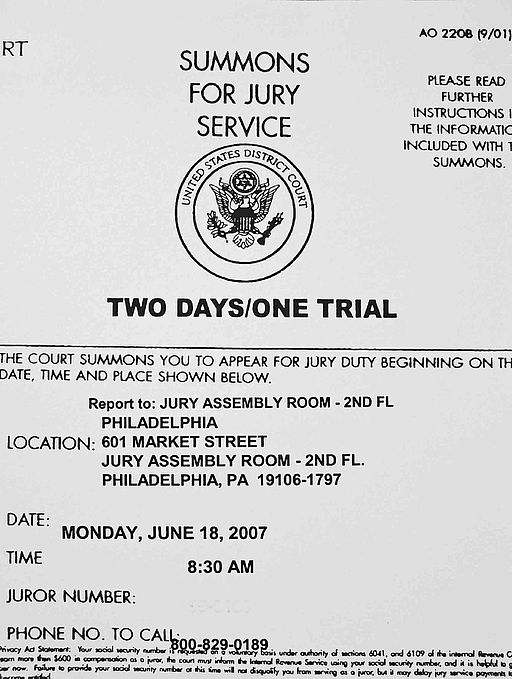Summons vs Subpoena
Summons and subpoena are legal terms used in different contexts, and this article will clarify the distinctions between them. In short, a subpoena is a court order or writ requiring a person to appear in court on a specific day, while a summons is an official notice of a lawsuit. A person receiving a subpoena must attend court on the specified day, or they may face legal consequences. A summons, however, informs an individual that they have been sued by the plaintiff.
Key Takeaways
- Subpoena is a court order requiring a person to attend a deposition, provide evidence, or produce documents related to a case, while a summons is an official notice of a lawsuit.
- Ignoring a subpoena can result in punishment, such as jail time or fines, while ignoring a summons may simply result in a higher likelihood of losing the case.
- Both subpoenas and summons are related to lawsuits and should not be taken lightly, as they are legal orders that must be followed.
What is a Subpoena?
A subpoena is a court order or writ sent to a person, requiring them to attend a deposition, provide evidence, or submit documents related to a case to the plaintiff. If someone needs a person to give a deposition, obtain evidence from them or another person who may not be involved in the lawsuit, a subpoena can be sent to notify them of the requirement. Subpoenas also carry penalties for non-compliance.
Subpoenas can be obtained from the court clerk’s office and are typically sent by the clerk themselves. The form includes details about the case name, the witness’s name and address, and the court address where the testimony will take place. It is essential to keep a copy of the subpoena, as it may be needed later during the trial. Ignoring a subpoena is punishable by law and can result in jail time or substantial fines.
What is a Summons?
A summons is an official notice of a lawsuit. When a person files a case against someone or a company, the opposing party must be notified. A summons is sent for this purpose, allowing one party to officially inform another that they are being sued. The summons indicates when the recipient should appear in court and whether they should respond in writing to the court or the opposing party.
Unlike a subpoena, a person may choose to ignore a summons and not appear in court on the specified day. In this case, the opposing party has a higher chance of winning, and the person ignoring the summons is more likely to lose. If a person disregards a summons, they may have to accept the court’s final decision, whether it is fair or not.
What is the difference between Summons and Subpoena?
Both terms are related to lawsuits and require individuals to appear in court on a specific day. Both subpoenas and summons should not be ignored, as there may be legal consequences.
However, there are key differences between the two:
- A subpoena is more powerful than a summons, and while a summons can be ignored, a subpoena cannot.
- Not responding to a summons may not be considered a serious offense in court, while ignoring a subpoena can result in charges or even jail time.
- Both summons and subpoenas should be taken seriously, and individuals should follow the orders given by the law.
